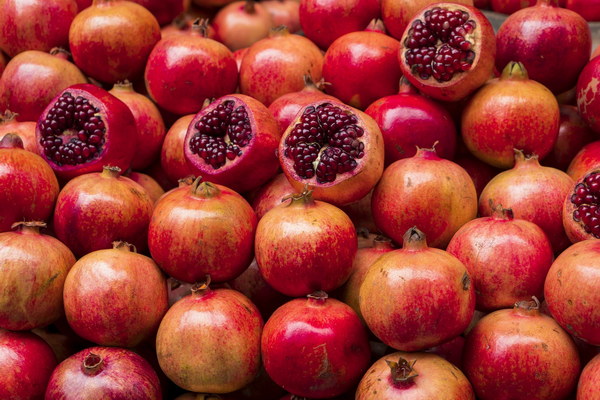Detoxifying Drinks vs Liver Protection Which is Better for Liver Health
In today's fast-paced world, the consumption of various beverages has become an integral part of our daily routines. However, excessive consumption of certain drinks can take a toll on our liver health. The question that often arises is whether it's better to detoxify the liver through certain drinks or simply protect it. This article aims to explore both approaches and provide insights into which one is more beneficial for liver health.
Firstly, let's understand the role of the liver. The liver is an essential organ responsible for detoxifying the body, metabolizing nutrients, producing bile, and regulating blood sugar levels. When the liver is overwhelmed with toxins, it can lead to various health issues, including liver disease and cirrhosis.
Detoxifying drinks have gained popularity in recent years as a means to cleanse the liver. These drinks typically contain ingredients such as green tea, ginger, lemon, and dandelion root. They claim to help eliminate toxins, boost metabolism, and improve overall liver function. While detoxifying drinks can provide certain benefits, it's important to note that the liver has its own built-in detoxification process, and excessive reliance on external substances may not be necessary.
On the other hand, protecting the liver through diet and lifestyle modifications can be a more sustainable and effective approach. Here are some ways to safeguard your liver:
1. Limit alcohol consumption: Alcohol is a well-known liver toxin. Excessive alcohol intake can lead to fatty liver disease, hepatitis, and liver cirrhosis. Moderating alcohol consumption or completely avoiding it can significantly reduce the risk of liver damage.
2. Maintain a balanced diet: Eating a well-balanced diet rich in fruits, vegetables, lean proteins, and whole grains can provide essential nutrients that support liver health. Additionally, incorporating antioxidants and anti-inflammatory foods, such as berries, cruciferous vegetables, and fatty fish, can help protect the liver from oxidative stress and inflammation.
3. Stay hydrated: Adequate hydration is crucial for liver function, as it aids in the elimination of waste products and toxins from the body. Drinking plenty of water throughout the day can help maintain liver health.
4. Avoid sugary drinks and processed foods: High sugar and processed foods can lead to insulin resistance and fatty liver disease. Cutting down on these foods can reduce the burden on the liver.

5. Exercise regularly: Regular physical activity can help improve liver function, reduce the risk of obesity, and lower the risk of developing liver disease. Aim for at least 30 minutes of moderate exercise most days of the week.
While detoxifying drinks may offer some short-term benefits, they may not be as effective as protecting the liver through a combination of diet, lifestyle, and moderate alcohol consumption. It's important to understand that the liver has its own natural detoxification process, and excessive reliance on external substances may disrupt this process.
In conclusion, focusing on liver protection through a balanced diet, regular exercise, and moderate alcohol consumption is a more sustainable and effective approach to maintaining liver health. While detoxifying drinks can provide some benefits, they should not replace these fundamental strategies. Always consult with a healthcare professional before starting any new diet or supplement regimen.









